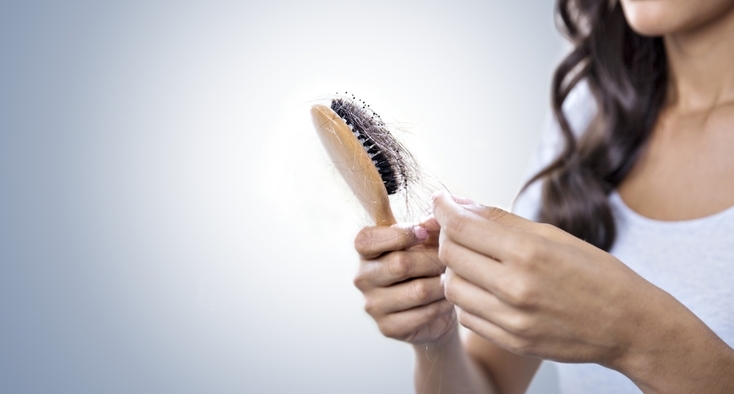Losing your hair can be a really traumatic experience. Many of us know that hair is a big part of our identity, and having that change without us having any choice can leave our self-esteem crumbling.
You might look at your mum or dad from time to time, checking out their hair health, or have noticed that there has started to be some balding or thinning. Naturally, this might start making you wonder if you will end up with the same fate.

This piece will talk you through how you can find out if you might lose your hair and if there is anything you can do to help the situation.
Genetics
Genetics plays a huge role when it comes to hair loss. Usually, the mother’s paternal side gets all of the flack, but the truth is, your dad’s genes can also do their own part.
Genes that promote hair loss have a significant responsibility to the outcome of your barnet, and while there have been some genes that have been identified to make you two times more likely to shed your hair, there are also many others at play. Unfortunately, there is not a lot we can do about our genes. We can only use them to understand what might lie in our future and put preventative measures in place if they exist.
A common preventative measure for genetic hair loss is drug treatment such as Minoxidil and Finasteride, which can be taken in tablets or applied to the scalp. However, as with all medications, side effects do exist, so it is important to bear that in mind.
If you do find that you are faced with these genes and you are not able to use any preventative medication, you might want to opt for a solution instead, such as a hair transplant.
Just contact a trusted clinic to find out more, and have a professional answer all of your questions.
Medical Issues
Certain medical issues can predict hair loss. Some examples of this would be chemotherapy and other cancer treatment, extreme hormonal imbalances, pregnancy and childbirth, illness, stress and trauma, skin conditions on the scalp, alopecia, thyroid conditions, STI’s, and even poison just to name a few!
If you do currently or have suffered from any of these, they could contribute to hair loss problems. Of course, it might not be a priority for you, but if it is after the fact and you are concerned about patches in your hair or thinning, a medical condition or treatment for one could be the cause of this problem. You might also want to know what to expect when you are diagnosed with a certain condition or are put on a specific medication.
An Unhealthy Lifestyle
Unfortunately, an unhealthy lifestyle can also contribute to hair loss, among many other unpleasant things. Smoking, drinking alcohol, and not eating a balanced nutritional diet can deprive your body of the nutrients it needs to keep everything happy and functioning, including your hair. So, if this sounds like you, it could be an indicator of future hair issues.



